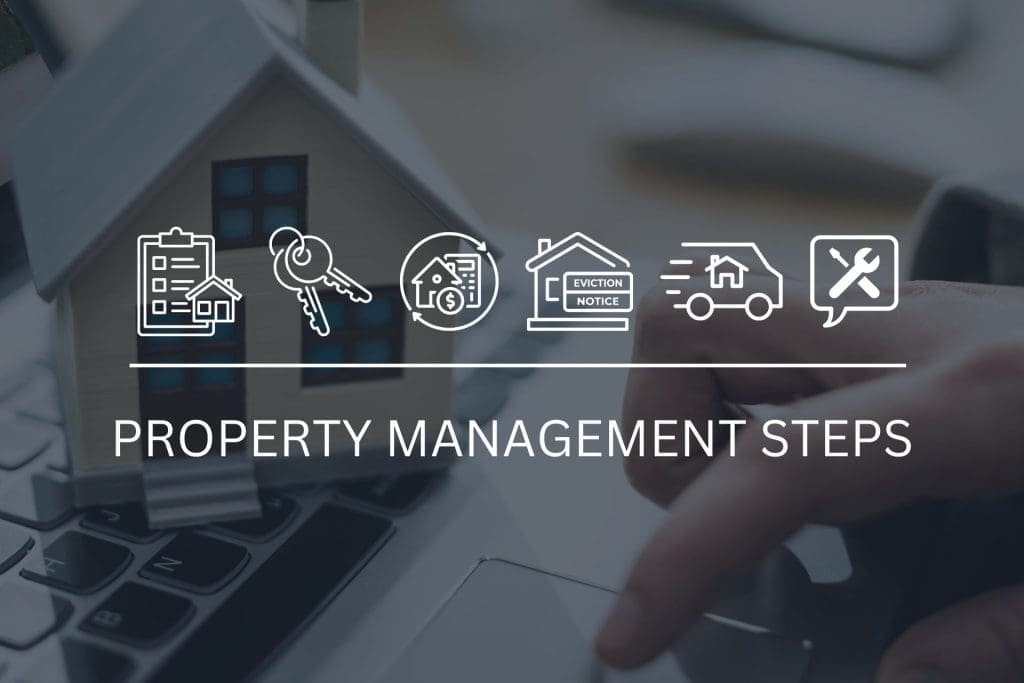It goes without saying that everyone is feeling a sense of uncertainty and stress during these unprecedented times. Due to social-distancing measures currently in place, a good portion of the population is out of work and running out of money.
For us landlords that is a scary concept to sit with since there is a very good likelihood that our tenants are probably one of those now over 22 million Americans that have applied for unemployment. So what are we to do to navigate this situation as an investment property owner?
Below you’ll find a list of some DOs and DONTs that you could implement as part of your COVID-19 navigation plan. Now, you don’t have to follow these exactly as we lay them out, because you and your tenant’s financial situation, as well as, rules and regulations according to your local and state municipalities may be different to our own. But we wanted to provide you with some general rule of thumb guidelines during a time when there is no “uniform” or “by-the-book” way of proceeding.
But first, we’d like to provide you with some quick statistics on April rent payments from our own database versus the national average, as well as, what to expect as we move into May.
Quick Stats on Delinquency Rates:
1836 PM:
- March 2020: 1 tenant delinquent for a sum of about $1,874.00 as of March 21, 2020. This was an average month.
- April 2020 (post-pandemic): 11 total tenants delinquent for a sum of about $14,800 as of April 21, 2020.
-
- Only about 2.4% delinquency across our entire portfolio during a very abnormal month.
-
National Average (multi-family industry):
- April 2020 (post-pandemic): about 1 in 3 tenants delinquent
-
- 31% delinquency
-
Click the video below for a few words from our founder, Matt Leschber, as he provides a more detailed explanation of the statistics above, an explanation of municipalities as we move into May (regarding evictions due to non-payment of rent and lease violations), and other things to note on 10-31 exchanges.
[embedyt] https://www.youtube.com/watch?v=x7JDn8vfqSA[/embedyt]
Landlord Do’s and Don’ts in Handling Non-Payment of Rent
[embedyt] https://www.youtube.com/watch?v=6Vmm5IZlZOg[/embedyt]
-
DO: Communicate and Empathize with Your Tenants
As we mentioned before, every situation is different and some tenants will be able to pay rent and some simply will not. But first and foremost, you must be sure to initiate (if your tenant hasn’t already done so) and maintain open lines of communication with your tenants. Listen to their situation, request documentation of unemployment if needs be, then work together to come to an arrangement that works for both you and your tenant.
Whether that means you decide to provide partial or full rent forgiveness, or both parties agree to a suitable repayment plan once your tenant returns to work, be open to the options. Enter the conversation with some understanding and patience, as this is a situation that no one was prepared for.
-
DON’T: Threaten Your Tenant with an Eviction
Some landlords will want to evict their tenants and some will not, but it’s important to remember that at this point in time, courts are simply not meeting. So before jumping to threats or giving an eviction notice, when it may actually be illegal to do so, take some time to do your homework.
Check with your local municipality, county and state on the current legal issues concerning evictions and court proceedings. If you aren’t 100% sure what the current rules and regulations are, do not guess and give your tenant an eviction notice anyway. You could easily cost yourself a fine of up to $500 per day (potentially more) if you do this incorrectly. Consult with a professional property management company or a local attorney if you need extra clarification on this.
-
DO: Continue to Maintain Your Property
If your tenant didn’t pay rent you may have the legal right to forgo doing maintenance, but is that the smart thing to do for your investment? If you stop providing your tenant with essential maintenance repairs, then that may entice your tenant to stop caring for your property as well. And not only that, it truly does not show any sign of goodwill, and with the current state of affairs, that doesn’t do any good for anyone.
-
DON’T: Incorrectly Communicate with Your Tenants
Please do not text with your tenants! It’s best to always follow this rule of thumb, but especially given the times we’re navigating. Keeping good documentation and records of everything is supremely important. Take written notes if on a phone conversation, including date and time and even use email to recap your conversations.
If you do deliver a notice, it is always best to be done in writing, certified, and sent via regular mail or posted according to state law. You’ll need to find out what those exact specifications are in your region.
It’s important to have all of your documentation in writing that can then be printed and handed into court should you need to do so, if the time comes.
-
DO: Provide Your Tenants with Resources
Provide your tenant with some resources like local churches, civic organizations, or housing authorities that are giving financial assistance to those who are going through hardship. Don’t hesitate to help them, so that hopefully it will help you.
For example, we currently have a list of resources on the 1836PM website that are available to our tenants that may need it. These resources come directly from the city of Austin, as well as, the state of Texas.
The Bottom Line…
We understand that every investor’s situation is different and financially this means that tenants not paying rent, could be a huge blow to your bank account. If you weren’t already aware though, there are some mortgage relief options available to homeowners as well.
Ultimately, there are definitely things you can do to make navigating this situation a bit easier for all parties involved. Show your tenants that you truly care and want to work together to make it past this unfortunate situation. Doing so will allow your tenant to remain positive about you as their landlord and the home at which they chose to pay rent. Which also means that later on down the line, when things return to normal, your great tenant will choose to renew their lease or even recommend your home/s to their friends and family.
To wrap it up, if you empathize with your tenants’ current financial hardships, work with your tenants on suitable payment arrangements, continue to take care of your property and provide resources that can assist your tenants; you’ll not only be doing right by your tenant as a person, but it may also benefit your investment strategically for the long haul.
If you need assistance in any way or are simply ready to have a professional property manager step-in and work with your tenants for you, just give us a call. (512-994-4323)
You can also visit our website to find a comprehensive list of our full-service property management inclusions. Let us partner with you and we will get through this together!
By: Kayla Gonzales, Marketing Manager







